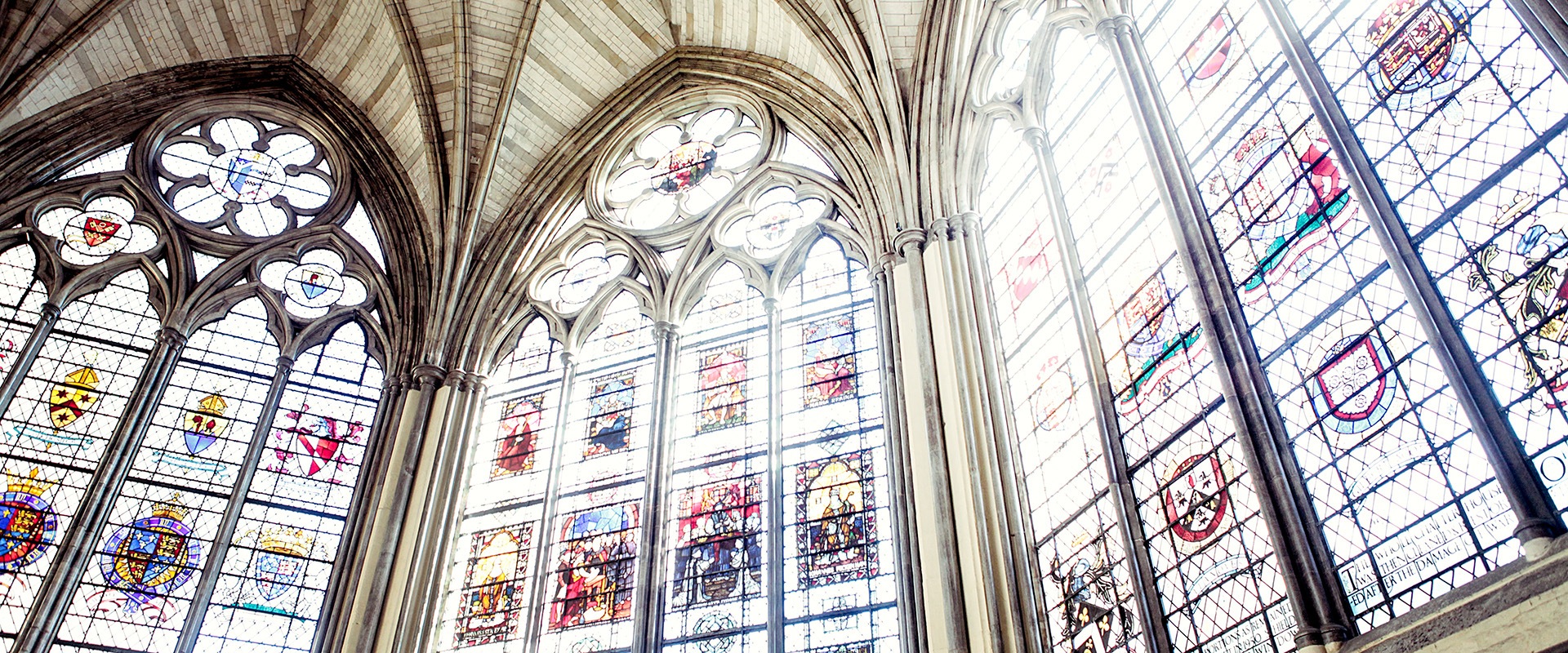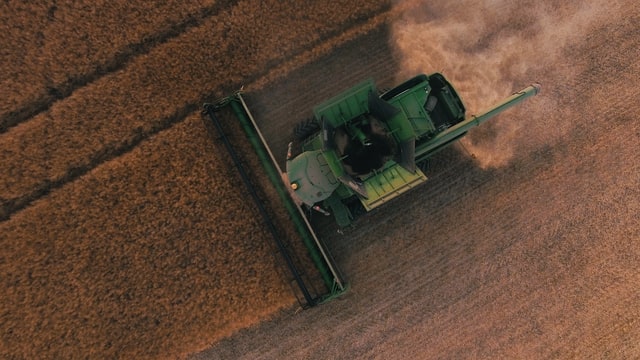We’re talking about your book, Work Matters: Connecting Sunday Worship to Monday Work. You start with an explanation on how we’re made in the image of God and, of course, a God who works. Could you elaborate on that idea?
One of the things that is surprising and wonderfully joyful is that God introduces himself as a worker. When you think about how the Bible starts, God could have introduced himself in almost any way, right? God has a lot to reveal about himself, but he chooses, right at the opening verses of Genesis, to describe himself as a worker, the God who created the heavens and the earth. As Genesis continues, humans are made in God’s image, unlike the rest of creation.
The word “image” is really important. It has two main meanings: connection and reflection. We were made by an intimate, relational God, so relationships matter, and we reflect him. So this idea of work and the image of God is deeply connected right away in Genesis 1.
You discuss how we’re dehumanized when we don’t have the opportunity to work. You even explain in the book how it’s actually part of our worship to God. Could you share more of those aspects of work?
Work is such a vital part of the creation design. We don’t worship our work; that’s a danger for all of us. But we are worshipping the God who works. And work is a really central stream in Scripture. For example, we’re not only made in God’s image in Genesis 1, but right away in Genesis 2, what do we see? We see this incompletion. There’s no bush, no rain, there’s no man to work the ground. In God’s integral design, humans fit within that created order to fill that call to work. Then in Genesis 2:15, we have really the foundation of the human job description, when Adam is put in the garden to cultivate it and to keep it. These two Hebrew infinitives capture the human job description within the created order: That is to cultivate creation for God’s glory and the common good of others and to protect it.
This word, “cultivate,” carries a seamless idea of both work and worship. It’s used in the Old Testament in the context with the priest in the tabernacle as well as the farmer in the field; it’s really woven into the integral design that work is a vital part of imaging God and a vital part of worship.
Sometimes we miss that because we think that Sunday is for worship and Monday is for work. But that Sunday to Monday gap is really not in God’s design, and we need to see that we worship him as much on Monday, if we do it unto God and to others, as we do on Sunday.
In Work Matters you discuss how it’s theologically impossible to have a “dream job.” You can have a really great job and you can love your job, but there’s always going to be “those moments.” Can you explain that?
We need to have a hopeful realism about our work. Because we look in Genesis 1 and 2, and it’s a perfect design and work and community and intimacy all flow together beautifully. But in Genesis 2 there’s mass disintegration. We have this integral picture of an integral God, integral creation, where everything is all hunky dory and in Genesis 3, we have a massive corruption of that. Right away we know the curse profoundly shapes work as Adam faces thorns and thistles.
We see this in Ecclesiastes, for example, that there’s something deep within us that longs to do good work, find meaning in work, but there’s also a sense of futility. So this side of the new heaven and new earth, we do not have a perfect job. One day we will, but in the meantime we want to bring gospel redemption, gospel glory, the power of the Spirit to redeem work, but we’ll never fully experience the work of the garden until the new heaven and new earth. We are neither utopians when it comes to the dream job, nor are we cynical and despairing that jobs don’t matter, because they do matter, but we are in that time between, the already and not yet. And every work has its mixture of the good, bad, and ugly, but we are to bring gospel redemption and hope into that work place in powerful ways.
In “The Transforming Power of Work” chapter, you discuss how work forms us as humans, so what do you mean by that?
Well, this is something that is a bit of a paradox and a mystery of the dynamic interplay between how we shape our work and our work shapes us but even practically, I think of Jesus as a carpenter, or a technician, a blue collar worker. He was a small business worker for the majority of his time on earth. His hands, his physical body was formed by the work that he did. Of course, it forms you intellectually, spiritually, how you deal with, especially as fallen humans, with suffering and difficulties. And the workplace is the majority place we spend our life, whether we’re paid or not paid, so it makes sense that God wants to transform us into his likeness through the Holy Spirit available to us. The whole transformation process, it’s not just what we do on Sundays, our spiritual disciplines, as important as they are, but the work we do every day is designed for us to grow in Christ’s likeness.
So work profoundly shapes us, and we often don’t see that Monday workspace as spiritually formative, but we not only honor God with our work, we also serve and love our neighbor. To isolate that is really a tragedy, to see our work and worship that separate. So our work forms us, and again the goal is to bring Christ’s likeness to that work and to deal with suffering with some sense of purpose, because every work has suffering, too.’
A version of this interview originally appeared at edgeoffaithmagazine.com.





